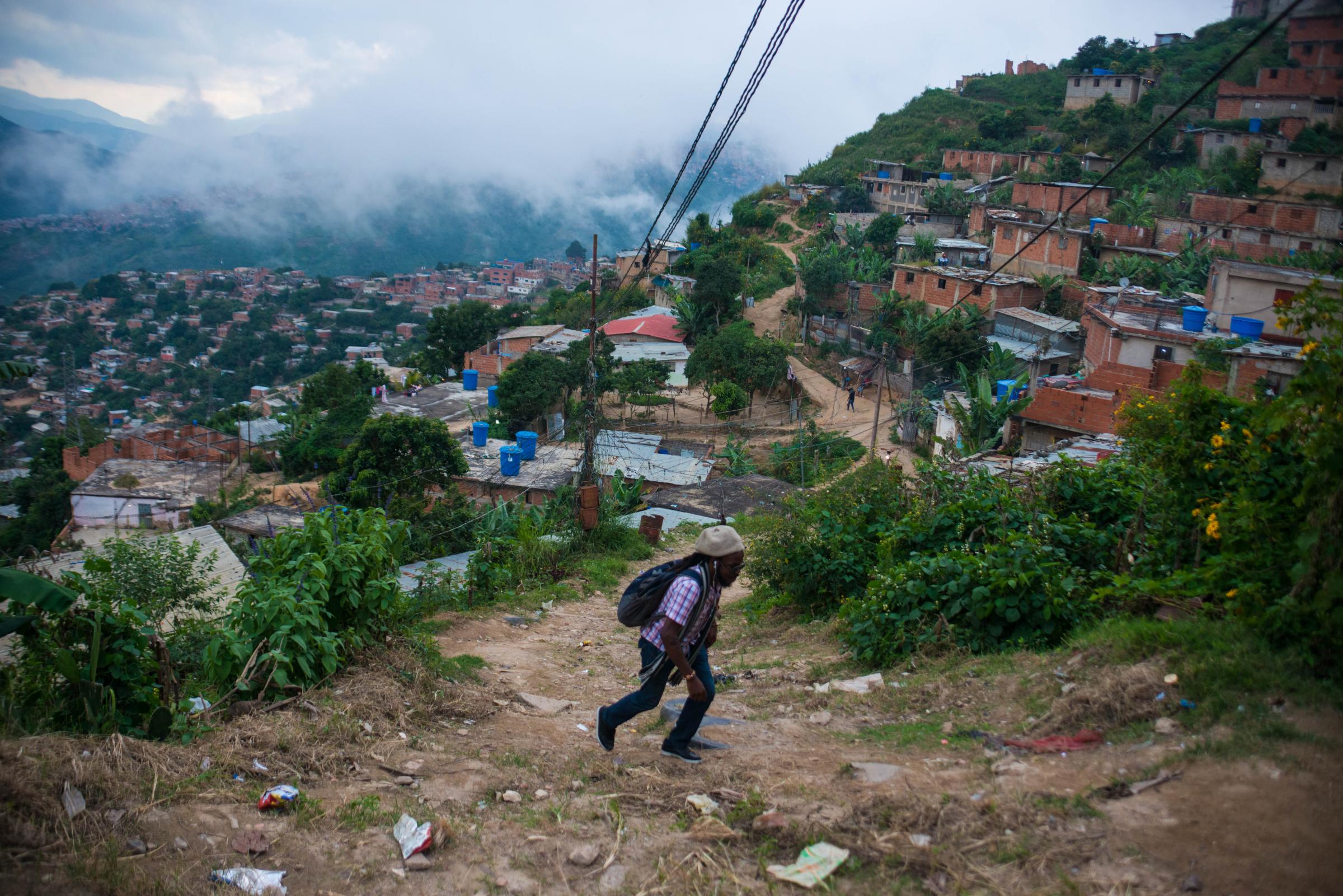(IN PROCESS)
Haitian immigration to Venezuela has significantly influenced the social and cultural dynamics of the country throughout the 20th century, especially between the 1950s and 1970s, a period during which numerous Haitians arrived attracted by job opportunities in agriculture and construction. This migratory movement enriched demographic diversity and fostered cultural exchange in various regions, particularly on the coast and in Caracas. However, the political and socioeconomic crises in Haiti, together with the evolution of Venezuela's migration policies, have transformed the perspective of migrants, who now see Venezuela not only as a destination, but also as a transit point to other nations in search of better living conditions. In this context, spaces such as El Quilombo have become support networks where Haitians and Venezuelans share their experiences and show solidarity with each other in an environment that reflects the complexities of contemporary migration. Solidarity among migrant communities thus becomes a crucial element for their adaptation and survival.














